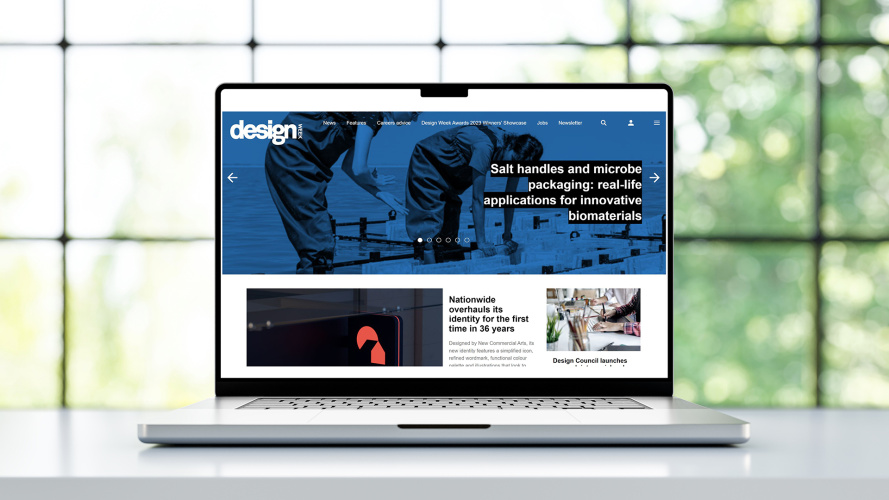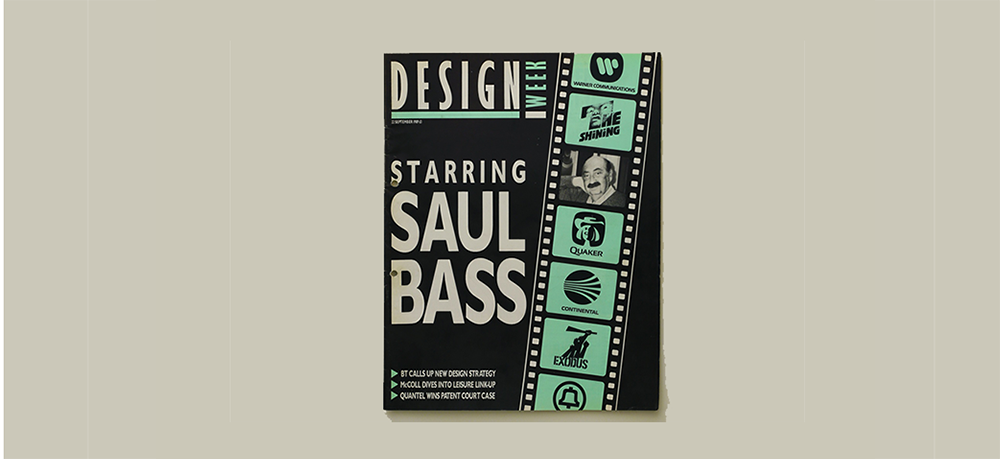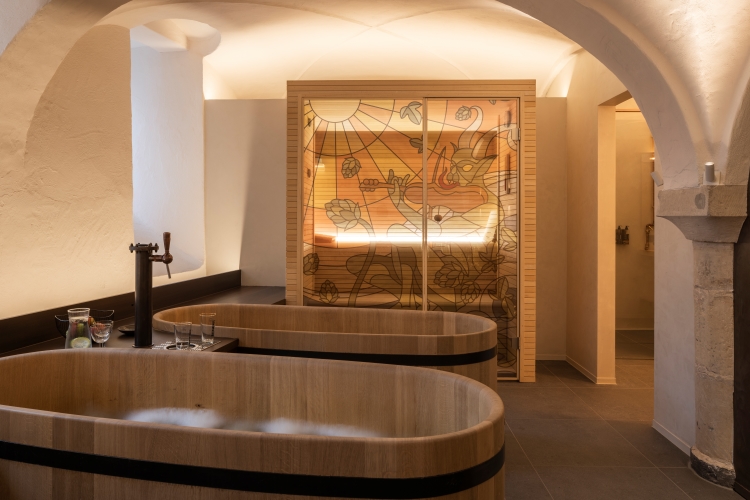English Heritage launches £250,000 museum interpretation design tender
The brief details plans to attract more visitors to the Berwick Barracks site through a new museum that will tell stories of Berwick, the Barracks and the England-Scotland border.
English Heritage has launched a tender valued at £250,000 for the interpretation design of a new museum, which will be a focal point of the Berwick Living Barracks project, located in Berwick-upon-Tweed, Northumberland.
The Living Barracks is a community project looking to reposition the Berwick Barracks site to highlight its cultural value and showcase its hospitality and retail offerings. Berwick Barracks was designed by architect Nicholas Hawksmoor and has been the home of the King’s Own Scottish Borderers since 1881, a regiment of the British Army.

The structure is part of the fortified walls surrounding the town of Berwick, serving as a reminder of the turbulent history of the Anglo-Scottish Borders. Due to high running costs that are not met by operating income, low visitor numbers, and fragile revenue streams, English Heritage reveals that the once thriving Barracks buildings are at risk. As well as this, Berwick is suffering from economic and social pressures caused by rising unemployment, the decline in traditional high street trade, and issues connected to its rurality, according to English Heritage.
The scope of the design work spans the interpretation design, a visual identity to be used across the site, 2D and 3D design, mapping the visitor journey, and designing family trails and/or activities for use on site. Lighting design and audio visual design are specified as is further interpretation design for the wider site illustration services and other graphic design work.
Key targets for the design involve making the space feel more “alive” and “dynamic” by bringing “a sophisticated sense of theatre” to the building “that avoids pastiche”, according to the brief. On the contrary, English Heritage want some spaces to have a “lighter interpretive touch, ensuring visitors have mental and physical space to breathe”.

One of the challenges will be to tell a wide range of stories in a cohesive way, devising a coherent visitor experience that feels high-quality and contemporary and takes cues from historic spaces, colours, materials and typography.
In line with the wider objectives of the Living Barracks project, the new museum will aim to attract diverse visitors and support the sites long term financial sustainability by putting together a coherent narrative using the stories of Berwick, the Barracks and the Borderers. The interpretation design will be informed by research and collections from English Heritage and must also adhere to the highest possible standards of sustainability, as well as being accessible for deaf, disabled and neurodivergent visitors throughout, according to the briefing document.
English Heritage has identified and split its audience into two categories: Culture Seekers and Shared Explorers. By English Heritage’s definition, Culture Seekers look for “self-improving days out that capture their fascination with history and culture” and prefer outdoor and self-led experiences as well as “time for reflection and intellectual stimulation”. Shared Explorers “look for exciting learning experiences” and have “a high interest in history, culture and the outdoors”, focussing more on “fun, exploration and excitement”. Family visitors would fall into the Shared Explorer profile, which will dominate the space during the summer holiday season.

Throughout the project, the chosen studio must consider the local people. While consultations are already underway, the studio may also choose to work with local people and artists to explore themes around identity and community, looking at how the museum space can be utilised by the community for workshops, classes or meetings.
Subject to bids in this competitive tender process, the contract value is anticipated to be in the region of £250,000, consisting of a smaller sum (approximately 20%) for the development phase, and the majority (approximately 80%) for the delivery phase. The total delivery, production and install budget is approximately £1,422,300, with potential scope to increase if required.
Tender applications will close on 31 July 2023 and the winning studio will be informed by 6 September 2023. Expressions of interest can be made via In Tend.
Banner and featured image credit: Historic England. English Heritage Trust
-
Post a comment





